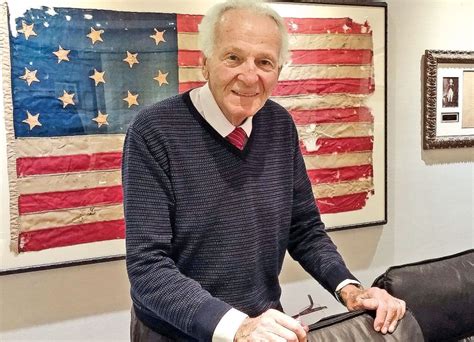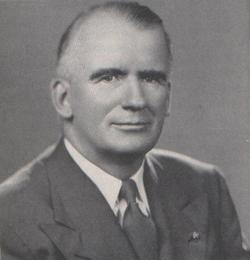A Quote by James Dyson
I don't do something necessarily to make a big profit or because it's a logical business decision.
Related Quotes
It is imperative to exercise over big business a control and supervision which is unnecessary as regards small business. All business must be conducted under the law, and all business men, big or little, must act justly. But a wicked big interest is necessarily more dangerous to the community than a wicked little interest. 'Big business' in the past has been responsible for much of the special privilege which must be unsparingly cut out of our national life.
The successful producer of an article sells it for more than it cost him to make, and that's his profit. But the customer buys it only because it is worth more to him than he pays for it, and that's his profit. No one can long make a profit producing anything unless the customer makes a profit using it.
Capital does not 'beget profit' as Marx thought. The capital goods as such are dead things that in themselves do not accomplish anything. If they are utilized according to a good idea, profit results. If they are utilized according to a mistaken idea, no profit or losses result. It is the entrepreneurial decision that creates either profit or loss.








































